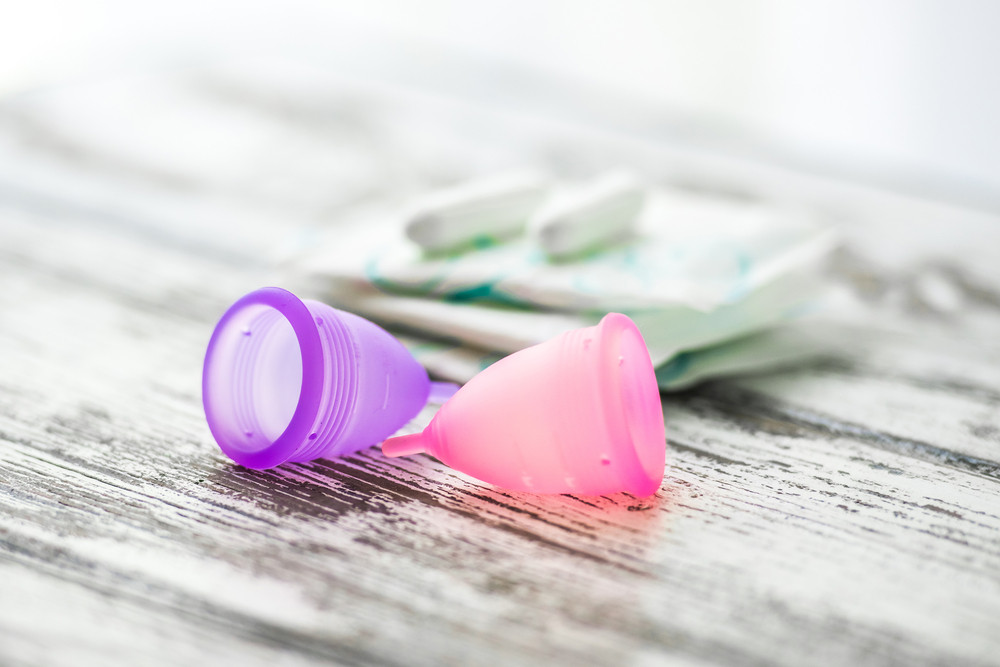Popular Reads
Top Results
Can't find what you're looking for?
View all search resultsPopular Reads
Top Results
Can't find what you're looking for?
View all search resultsSpotlight Indonesia: Myths and menstrual taboos
Change text size
Gift Premium Articles
to Anyone
M
enstrual cups may be taking Western countries by storm, but conservative attitudes and virginity myths are holding back a breakthrough for the reusable devices in Indonesia and across Asia.
Jakarta resident Maya Larasati says disposable pads are more comfortable than cups or tampons, and doesn't feel guilty about the environmental impact of such single use items.
"Go campaign green premises to big corporations with heavy footprints, and leave my vagina alone," says the 32-year-old communications professional.
But Olivia Cotes-James, founder of LUUNA naturals, a female-led menstrual care company in Asia that runs workshops to dispel myths, suggests cups could save billions of plastic pads and tampons from landfill.
Experts say concerns around virginity, along with misinformation surrounding tampons and menstrual cups are a bigger concern for many in Muslim majority Indonesia as well as other parts of Asia.
"We still have the culture where you stay a virgin until marriage, so women who haven't had sex don't want to put anything in their vagina," said Jakarta-based gynaecologist Christo Ekapatria.
Running menstrual cup education campaigns for school-aged women is untenable because it would be seen as promoting sexual intercourse, he added.
Even finding menstrual cups or tampons in Indonesia's sprawling capital is no easy task. Most supermarkets and convenience stores sell pads only, those that do sell other items charge high prices for them.
Read also: Menstrual cups safe, practical and cheap: Study
In one upmarket shopping mall, a 10-pack of pads costs just 7,500 rupiah ($0.55) but the same number of tampons sells for more than eight times that, while an imported menstrual cup costs $30.
Still, a tiny minority of women are taking a chance on cups in Indonesia, including Virra Alaydroes who says the devices give her more freedom to do activities like yoga and save her money in the long run.
"Menstrual cups basically help to reduce going back and forth to the toilet (to change pads)," the 30-year-old Bali resident said.
To deal with the social challenges, some groups in Indonesia are touting reusable pads and period underwear as an environmentally conscious middle ground.
The Perfect Fit project, run by charity Kopernik, is teaching Indonesian women in rural areas how to make and sell re-usable pads, with an eye to eventually convincing them to use cups.
Canada's Diva, one of the biggest players in the market, says it's planning for educational advertising campaigns in Indonesia to change the narrative.
It said: "The myth that an internal menstrual product has an impact on virginity can limit women in the choices they make to manage their periods,"
"And it also encourages them to put their own comfort and autonomy second."











